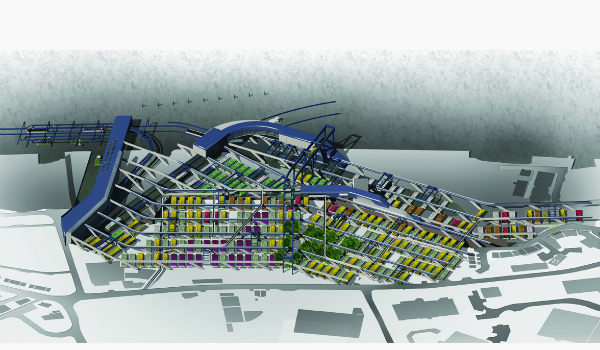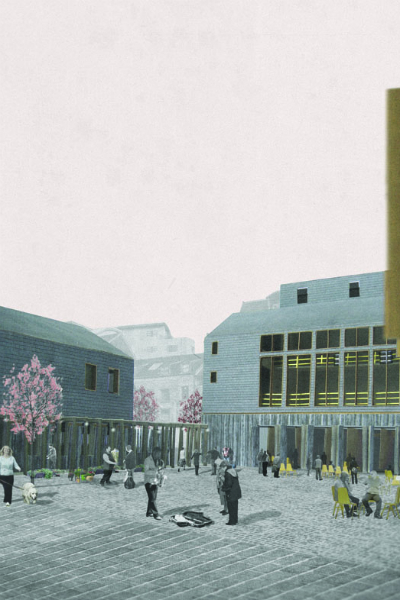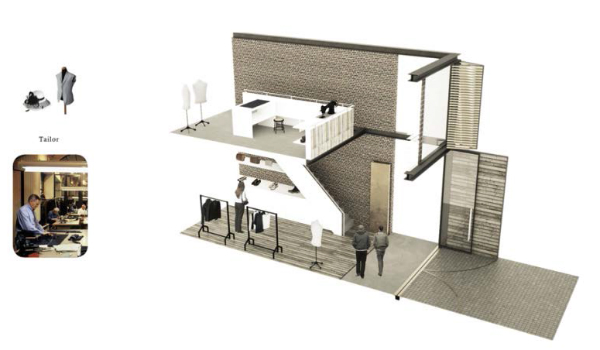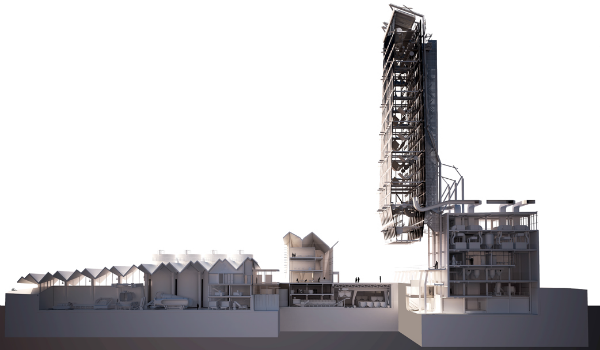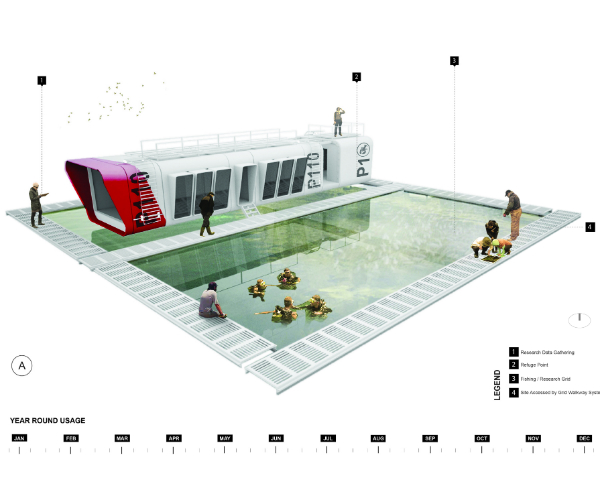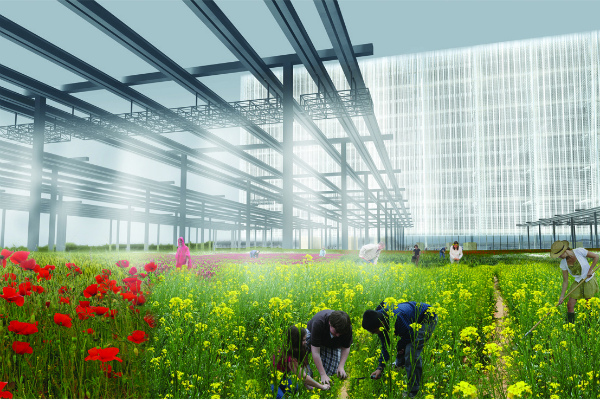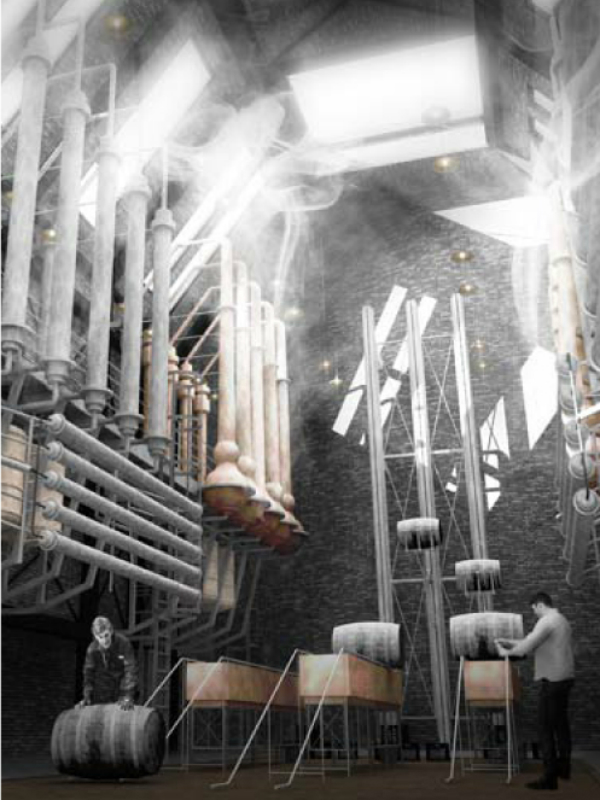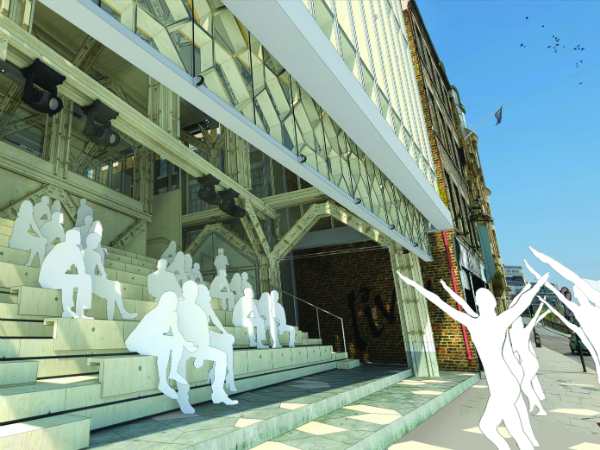-
Study
-
Quick Links
- Course Search
- Fees and Funding
- Unlock Your Potential
- Still time to Apply
- Higher and Degree Apprenticeships
- Continuing Professional Development
- Still time to apply
-
Undergraduate
- Application Guides
- UCAS Exhibitions
- Foundation Years
- School & College Outreach
- Information for Parents
-
Postgraduate
- Application Guide
- Postgraduate Research Degrees
- Flexible Learning
- Change Direction
- Register your Interest
-
-
International
International
Northumbria’s global footprint touches every continent across the world, through our global partnerships across 17 institutions in 10 countries, to our 277,000 strong alumni community and 150 recruitment partners – we prepare our students for the challenges of tomorrow. Discover more about how to join Northumbria’s global family or our partnerships.
View our Global Footprint-
Quick Links
- Course Search
- Undergraduate Study
- Postgraduate Study
- Information for Parents
- London Campus
- Northumbria Pathway
- Cost of Living
- Sign up for Information
-
International Students
- Information for Students
- International Events
- Application Guide
- Entry Requirements and Education Country Agents
- Global Offices
- English Requirements
- English Language Centre
- International student support
- Cost of Living
-
International Fees and Funding
- International Undergraduate Fees
- International Undergraduate Funding
- International Masters Fees
- International Masters Funding
- International Postgraduate Research Fees
- International Postgraduate Research Funding
-
International Partners
- Agent and Representatives Network
- Global Partnerships
- Global Community
-
International Mobility
- Information for Northumbria Students
- Information for Incoming Exchange Students
-
-
Business
Business
The world is changing faster than ever before. The future is there to be won by organisations who find ways to turn today's possibilities into tomorrows competitive edge. In a connected world, collaboration can be the key to success.
More on our Business Services -
Research
Research
Northumbria is a research-rich, business-focused, professional university with a global reputation for academic quality. We conduct ground-breaking research that is responsive to the science & technology, health & well being, economic and social and arts & cultural needs for the communities
Discover more about our Research -
About Us
-
About Northumbria
- Our Strategy
- Our Staff
- Place and Partnerships
- Leadership & Governance
- Academic Departments
- University Services
- History of Northumbria
- Contact us
- Online Shop
-
-
Alumni
Alumni
Northumbria University is renowned for the calibre of its business-ready graduates. Our alumni network has over 246,000 graduates based in 178 countries worldwide in a range of sectors, our alumni are making a real impact on the world.
Our Alumni - Work For Us
What will I learn on this module?
Synthesising the principles, practices and theoretical motivations of the architectural design process within a complex design response forms your core learning journey within this module. Combining a critical interpretation of conceptual notions and professional practice with a detailed assimilation of physical context, narrative and spatial awareness. Project briefs will provoke responses to specific architectural conditions and typologies relating to place, form, architectural language, material, sustainability and construction. You will articulate your ideas by employing detailed 2D and 3D communication skills to realise and represent architectural propositions alongside a written and illustrated study of the professional context within which your design ideas are framed. Working independently and collectively, you will enhance your critical learning skills and your reflective attitude within the iterative process of architectural design.
How will I learn on this module?
This design project module will be delivered using a combination of individual or group tutorials, workshops and set project work. Presentations will introduce project briefs and associated thematic information whilst studio-based tutorials support you through your learning journey. Where applicable, projects will include site visit to real site within the local. The participatory weekly design tutorial provides you with a forum to discuss personal or group progress and your associated project work. Tutors will provide you with formative feedback in a variety of forms to support you in your personal design reflection and the progression of your project work. Directed learning will allow you to research any thematic issue raised within your tutorials and independent learning will allow you to investigate your own themes in response and being situated within the design studios will help you to develop peer learning and peer support skills.
How will I be supported academically on this module?
You will be supported through weekly tutorials as the primary conduit for your design project discussion where you will receive formative feedback from your tutor. In addition, progress reviews at key intervals form collegiate occasions for further guidance and formative assessment of your work. Periods of self-directed learning are essential for your personal research, creative explorational and development of project work. Lectures and seminars are also employed to support your design project journey and your knowledge on the professional framework applicable to architectural design.
Direct participation in design tutorials, group discussion and associated taught content is essential to your development. The formative feedback you receive each week can be a variety of forms; verbal, written and drawn, and is provided throughout the duration of the module. Written feedback will be provided at summative assessment points to help you reflect, develop and learn. In addition, project briefs, presentations, relevant associated module information and specific reading lists will be uploaded to the eLearning Portal (Blackboard), so that you can access module content when needed. The university library offers support through its extensive physical and on-line resources, through e-reading lists. In addition, guidance on developing academic study skills, is provided by the Ask4Help facility.
What will I be expected to read on this module?
All modules at Northumbria include a range of reading materials that students are expected to engage with. Online reading lists (provided after enrolment) give you access to your reading material for your modules. The Library works in partnership with your module tutors to ensure you have access to the material that you need.
What will I be expected to achieve?
Knowledge & Understanding:
KU 1. Evidence creativity through the application of an advanced understanding of social, cultural, typological and occupational requirements of a brief
KU 2. Conceptualise, analyse, synthesise and creatively apply all the aspects of design and management to the realisation of architectural proposals
KU3. Evaluate and apply rigorous, ambitious and appropriate design processes and methods to explore individual architectural proposals
KU 4. Analyse and evaluate the nature of design briefs to ensure an appropriate design response through an evaluation of regulation, consent, procurement routes, the financial implications of design and construction and the requirements of clients or end users.
Intellectual / Professional skills & abilities:
IPSA 1. Evidence the application of academic attributes of motivation, enquiry, management, confidence and imagination in an enquiring, disciplined and diverse approach to problems and issues, through testing opportunities and evaluating constraints
IPSA2. Articulate an appreciation of legislation and consents affecting the development of the built environment and project procurement
Personal Values Attributes (Global / Cultural awareness, Ethics, Curiosity) (PVA):
PVA 1. Develop and appraise professional and academic skills of research, communications, time management and independent learning towards professional practice
PVA 2. Critically engage with the ethical, professional, legal and social responsibilities of a design professional within the production of personal and professional documentation
How will I be assessed?
Formative assessment will take place within regular tutorials and at interim reviews to provide ongoing developmental guidance and reflection within each of the projects, towards all module learning outcomes.
Summative assessment is of Summative assessment is of 1) a submitted design project and 2) a Professional Practice Report
1) Architecture Project 3.1 (75%);
a detailed architectural proposition for a complex design problem that responds to the context of a set, self-determined or live design brief.
MLO: KU1, KU2, KU3, KU4, IPSA1, IPSA2, PVA1, PVA2
2) Professional Practice Report (2000-word equivalent) (25%);
an illustrated report outlining the application of regulatory and legislative frameworks to your “Architecture Project 3.1” design project.
MLO: KU1, KU2, KU4, IPSA 2, PVA1, PVA 2
Feedback will be offered in verbal, written and drawn forms, which will provide advice for further development and a critical appraisal of work and performance. Moderation of summative assessment will take place in project reviews at the end of the module.
Pre-requisite(s)
None
Co-requisite(s)
None
Module abstract
This project -based module provides you with the opportunity to synthesise your advanced design skills and creative process within the creation and realisation of a complex architectural design project and its professional context within an illustrative report. You will investigate and appropriate the significance of context, interdisciplinary contemporary architectural thought and an advanced application of sustainable environmental strategies within your work. Through a comprehensive exploration of 2D and 3D design communication and creative practice, you will generate a well-resolved, detailed and complex architectural proposal with a cognisance of professional regulatory and legislative frameworks. The module will further synthesise your creative skills, critical thinking and experimentation to create meaningful architectural typological proposals that respond to place, language, form, materials and construction. Appraising case studies will allow you to articulate a detailed appreciation and application of the principles and thinking required to design socially sustainable, ethical and environmentally aware architecture.
Course info
UCAS Code K100
Credits 40
Level of Study Undergraduate
Mode of Study 3 years Full Time or 4 years with study abroad
Department Architecture and Built Environment
Location City Campus, Northumbria University
City Newcastle
Start September 2025 or September 2026
All information is accurate at the time of sharing.
Full time Courses are primarily delivered via on-campus face to face learning but could include elements of online learning. Most courses run as planned and as promoted on our website and via our marketing materials, but if there are any substantial changes (as determined by the Competition and Markets Authority) to a course or there is the potential that course may be withdrawn, we will notify all affected applicants as soon as possible with advice and guidance regarding their options. It is also important to be aware that optional modules listed on course pages may be subject to change depending on uptake numbers each year.
Contact time is subject to increase or decrease in line with possible restrictions imposed by the government or the University in the interest of maintaining the health and safety and wellbeing of students, staff, and visitors if this is deemed necessary in future.
Useful Links
Find out about our distinctive approach at
www.northumbria.ac.uk/exp
Admissions Terms and Conditions
northumbria.ac.uk/terms
Fees and Funding
northumbria.ac.uk/fees
Admissions Policy
northumbria.ac.uk/adpolicy
Admissions Complaints Policy
northumbria.ac.uk/complaints

